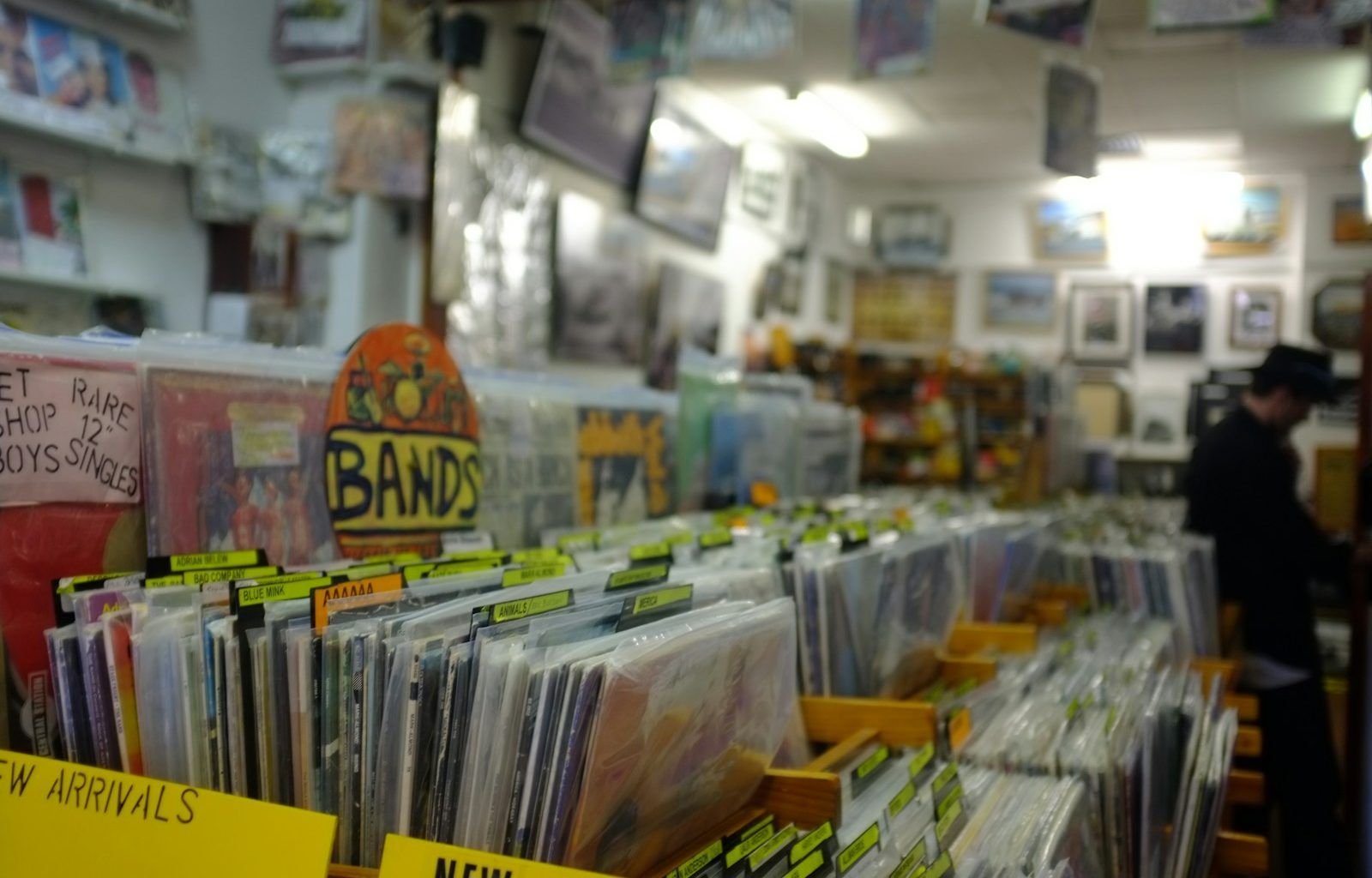Have you ever come across the term “EP album” and wondered what it means? If so, you’re not alone! EPs, or “Extended Plays,” are a fascinating type of music release that sits somewhere between a single and a full album. For artists and music lovers alike, EP albums hold a special place. They’re versatile, creative, and a great way for musicians to share their work without committing to a full album.
But what exactly makes an EP unique? And why do so many musicians choose to release them? Let’s dive in and uncover everything you need to know about EP albums.
The Meaning Behind “EP Album”
An EP album, short for Extended Play, is a music release that usually contains more tracks than a single but fewer than a full-length album (LP). Think of it as a middle ground. Singles typically have one or two tracks, while LPs (long plays) often feature 8 to 12 songs. EPs fall in between, with 4 to 6 tracks being the most common format.
For example, if a band wants to share a handful of new songs without committing to a full album, they might release an EP. It’s a perfect way to tease fans with new material or showcase an artist’s evolving style.
A Quick History of EP Albums
EP albums have been around for decades. The term originated in the 1950s when vinyl records were the main way people consumed music. Back then, singles were released on 7-inch records that could hold about 3 minutes of music on each side. LPs were longer, released on 12-inch records with up to 20 minutes of music per side.
EPs emerged as a way to fill the gap. They were typically released on 10-inch records, offering a short but satisfying collection of songs. Over time, as music formats evolved to CDs, digital downloads, and streaming, the concept of the EP adapted but never disappeared.
Why Do Artists Release EP Albums?
Artists release EP albums for many reasons, and each one reflects the unique flexibility of this format. Here are some of the most common reasons:
- Experimentation: Musicians often use EPs to try new sounds or styles. It’s a low-risk way to explore creativity without the pressure of producing a full album.
- Teasers for Upcoming Albums: Some artists release EPs as a preview of their next big project. Fans get a taste of what’s coming, building anticipation.
- Budget-Friendly Releases: Producing an LP can be expensive and time-consuming. An EP allows artists to share new music without breaking the bank.
- Reaching New Audiences: For emerging artists, EPs are an excellent way to introduce themselves. They’re short enough to keep listeners interested but long enough to showcase their talent.
EP Albums vs. Singles: What’s the Difference?
At first glance, an EP might seem like a long single. However, there are distinct differences. Singles typically contain just one or two songs. They’re designed to spotlight a hit track or test the waters for new material.
On the other hand, EPs offer more depth. With several tracks included, they provide a richer experience for listeners. Artists often use EPs to tell a story or explore a specific theme, something that’s hard to do with just one song.
EP Albums vs. LP Albums: How Do They Compare?
Now, let’s compare EPs to LPs. An LP album, or long play, is what most people think of when they hear the term “album.” It’s a complete body of work, often with a cohesive theme or concept.
While LPs are typically 30 to 60 minutes long, EPs are much shorter. This makes EPs a great choice for artists who want to release music more frequently or for listeners who prefer a quick, engaging musical experience.
Modern EP Albums: A Digital Revolution
In the age of streaming and digital music, EP albums have found new life. Platforms like Spotify, Apple Music, and YouTube make it easy for artists to release shorter collections of songs and for fans to discover them.
Unlike physical records, digital EPs aren’t limited by vinyl or CD constraints. Some modern EPs even include bonus content like remixes, acoustic versions, or behind-the-scenes recordings. This flexibility has made the EP format more popular than ever.
Notable EP Albums You Should Know About
If you’re curious to hear what an EP sounds like, here are a few iconic examples to explore:
- The Beatles – “Twist and Shout” EP: A classic example from the vinyl era.
- Lady Gaga – “The Fame Monster” EP: A modern take on the format, blending pop and innovation.
- Billie Eilish – “Don’t Smile at Me” EP: A breakout release that introduced her unique sound to the world.
Each of these EP albums demonstrates the creative potential of this format and its lasting appeal.
How EP Albums Benefit Fans
EPs aren’t just great for artists—they’re fantastic for fans too! Here’s why:
- Easy to Listen To: With fewer tracks, an EP is perfect for a quick listen during a commute or workout.
- Diverse Music Experiences: EPs often showcase an artist’s range, giving fans a glimpse into different styles or themes.
- Frequent Releases: Instead of waiting years for a new album, fans can enjoy fresh music more often.
Creating an EP Album: A Step-by-Step Guide
For aspiring musicians, creating an EP is an exciting project. Here’s how to get started:
- Plan Your Concept: Decide on a theme or story for your EP.
- Choose Your Tracks: Select 4 to 6 songs that fit your vision.
- Record and Produce: Work with a producer or record your tracks independently.
- Release and Promote: Share your EP on streaming platforms and engage with your audience.
Final Thoughts on EP Albums
EP albums are a versatile and creative way for artists to share their music with the world. Whether you’re a musician looking to experiment or a fan eager for fresh tunes, EPs offer something special. They’re more than just a collection of songs—they’re a snapshot of an artist’s journey.
Now that you know what EP albums are, why not dive into one today? Explore new artists, revisit old favorites, and enjoy the magic of music in this unique format.
For further reading, explore these related articles:
- Songs About Moving On: Music That Heals the Heart
- Exploring the Global Top 50 Songs: A Journey Through the World’s Favorite Music
For additional resources on music marketing and distribution, visit DMT Records Pvt. Ltd..






